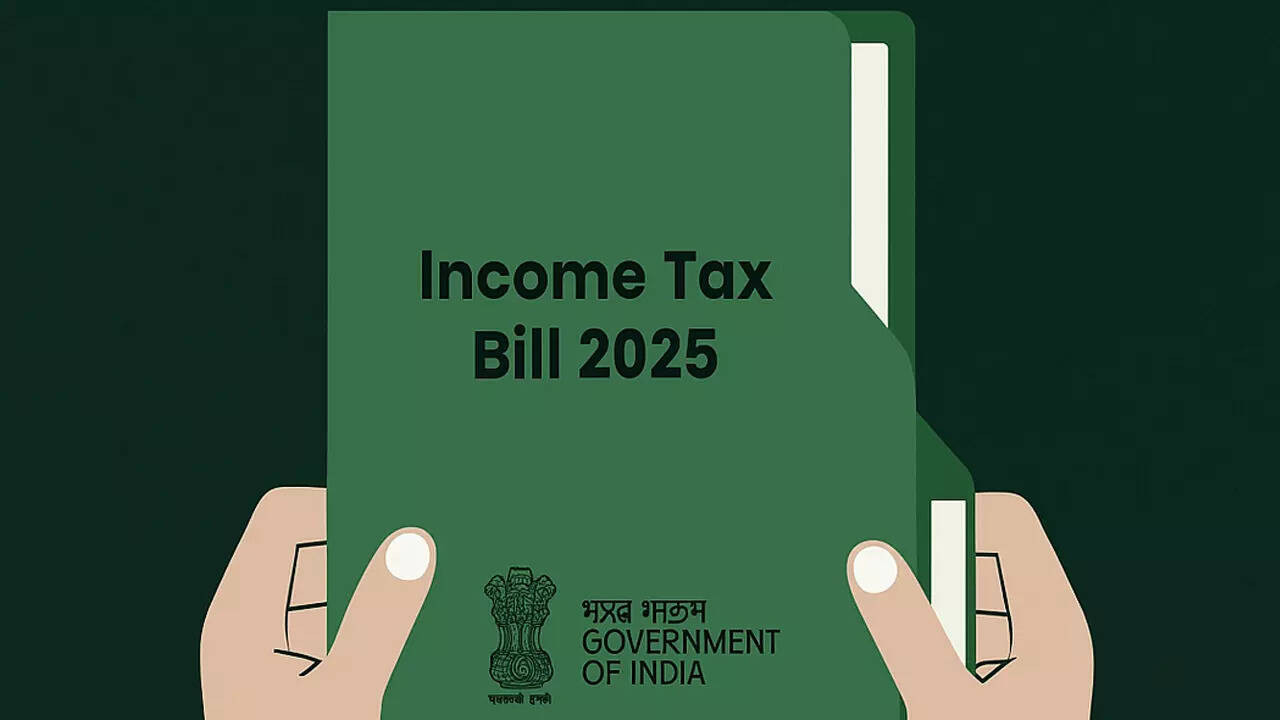A parliamentary committee reviewing the Income Tax Bill 2025 suggests allowing individual taxpayers to claim TDS refunds beyond the deadline without penalties. The committee also advocates for tax exemptions on anonymous contributions to trusts serving both religious and charitable purposes, addressing concerns about the taxation of NPO receipts and potential negative impacts on numerous organizations within India’s NPO sector.
Navigating the Evolving Landscape of Income Tax in India
The world of income tax can feel like a constantly shifting maze. Just when you think you’ve mastered the rules, the game changes. Recent suggestions from a parliamentary panel signal potential updates to how we handle TDS (Tax Deducted at Source), refund claims, and the overall process of filing our Income Tax Returns (ITR). Let’s break down what these proposed changes could mean for you, the average taxpayer.
Rethinking TDS: Easing the Burden on Taxpayers
One of the key areas under consideration is the TDS system. Currently, TDS is deducted on various incomes, like salary, interest, and rent. The idea is that this preemptive tax collection ensures a steady stream of revenue for the government. However, the panel recognized that the existing system can sometimes cause hardship, particularly for those whose final tax liability is lower than the TDS already deducted.
The panel is advocating for a more nuanced approach. This might involve allowing individuals to submit declarations, potentially online, projecting their annual income and estimated tax liability. This would give them the opportunity to request lower or even nil TDS deductions if their projected tax liability warrants it. Imagine the relief of not having excess tax deducted from your income throughout the year, freeing up funds for your immediate needs! This targeted approach to income tax deduction promises better financial flexibility for countless individuals.
Streamlining Refund Claims: A Faster, More Efficient Process
Nobody enjoys waiting for their tax refund. It’s your money, after all! The parliamentary panel clearly understands this frustration and is pushing for a more streamlined and efficient refund claim process.
The panel suggests exploring technological solutions to expedite the verification and processing of refund claims. This could involve leveraging artificial intelligence and machine learning to identify and address common errors that delay refunds. Imagine a system that automatically flags potential issues in your ITR before submission, reducing the chances of delays and ensuring a faster turnaround time for your refund. This would not only improve taxpayer satisfaction but also free up resources for the Income Tax Department to focus on more complex cases.

Simplifying the ITR Filing Experience: Making Compliance Easier
Filing your ITR can often feel like navigating a complex labyrinth of forms and regulations. The panel recognizes the need to simplify the process, making it more user-friendly and accessible to all taxpayers, regardless of their technological proficiency.
One suggestion involves expanding the scope of pre-filled ITR forms. Pre-filling automatically populates the form with information already available to the Income Tax Department, such as TDS deductions, salary details, and bank interest. By expanding the scope of pre-filling, the panel hopes to reduce the amount of manual data entry required, minimizing the risk of errors and making the filing process significantly faster and easier. This is good news for everyone, particularly those who find the current system overwhelming.
Furthermore, the panel is advocating for increased awareness and education initiatives to help taxpayers better understand their tax obligations and navigate the ITR filing process. This could involve online tutorials, webinars, and dedicated helplines to provide support and guidance.
Key Considerations for the Future of Income Tax
While these are only suggestions from a parliamentary panel, they indicate a clear direction towards a more taxpayer-friendly and efficient income tax system in India. The focus is on easing the burden of compliance, streamlining processes, and leveraging technology to improve the overall taxpayer experience.
It’s important to remember that these are recommendations, and the government will need to consider them before implementing any changes. However, the panel’s suggestions reflect a commitment to creating a more equitable and efficient income tax system that benefits both taxpayers and the government. Keeping abreast of these potential changes can help you plan your finances more effectively and ensure a smooth and stress-free tax filing experience.
The potential changes to TDS, refund claims, and ITR filing represent a promising step towards a more modern and taxpayer-centric income tax system in India. By embracing technology and prioritizing simplification, the government can make compliance easier, improve taxpayer satisfaction, and ultimately foster a stronger and more prosperous economy. While we await further developments, staying informed and preparing for these potential changes will undoubtedly benefit all taxpayers in the long run.







